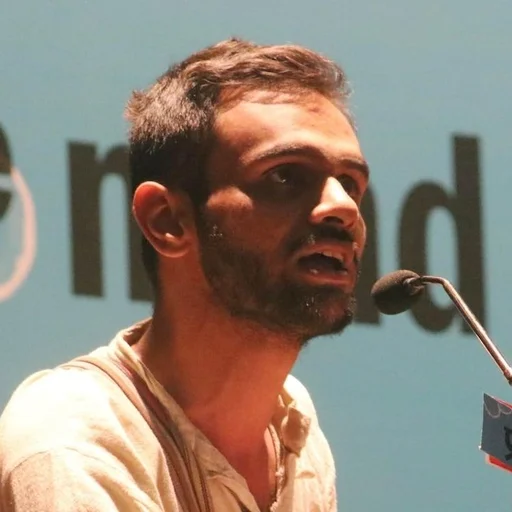The Delhi High Court has voiced its concern about the lengthy bail hearings for individuals like Umar Khalid and Sharjeel Imam, who are accused in connection with the 2020 riots. These individuals face charges under the Unlawful Activities (Prevention) Act, also known as UAPA. The court, consisting of Justices Navin Chawla and Shalinder Kaur, made it clear on Tuesday that they cannot continue to hear arguments indefinitely. The judges want to resolve the case as the accused maintain there is no solid proof linking them to the violence.
Specifically, the court has asked the police to explain the specific actions of each person involved. This demand follows arguments from the defense that their clients have no connection to the planning or carrying out of the riots. In other words, the court wants specific evidence, not just general claims. This situation underscores the struggle between maintaining national security and protecting the rights of individuals, particularly in cases involving severe accusations under UAPA. The extended length of the bail hearings has raised important questions about fairness and the standards of proof.
Furthermore, the court stressed that the ongoing hearings must come to a conclusion, stating, “This has to end. This can’t go on like this… This needs to end now.” This statement demonstrates the court’s desire to accelerate the legal process. It also suggests the court now requires concrete proof of each person’s involvement, implying that simply making broad accusations is not adequate. The court’s clear stance emphasizes that the police need more than just general claims to hold the accused in jail.
This case holds great importance because of the charges brought under UAPA, a strict law focused on fighting terrorism. The outcome of these bail hearings could be important for future cases involving UAPA and how these types of cases are handled. Because the court is pushing for specific evidence, it may establish a new standard for similar legal proceedings. This means the way authorities present evidence in UAPA cases could change in the future.
